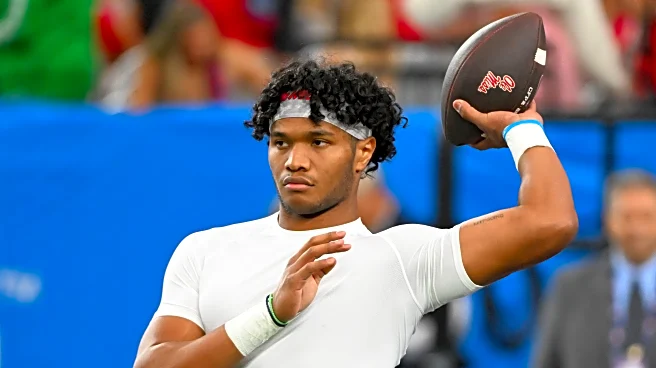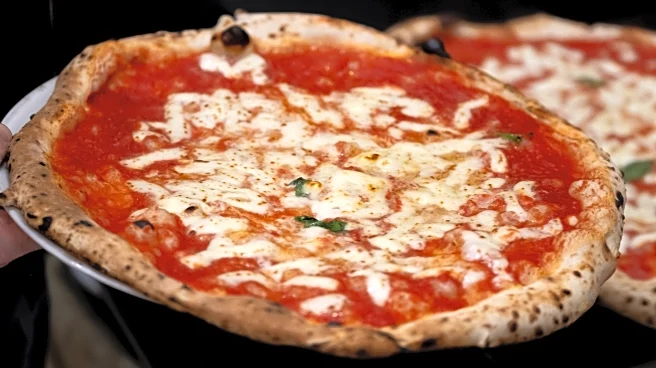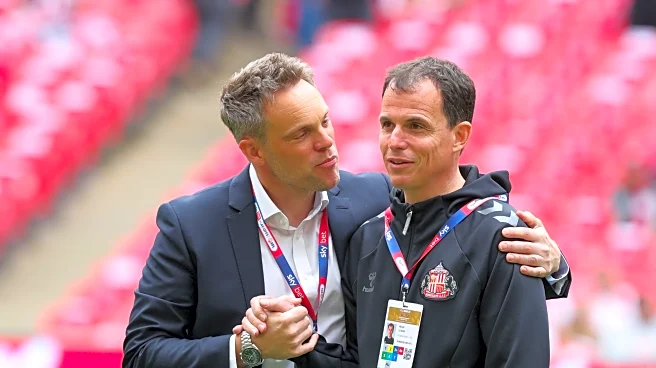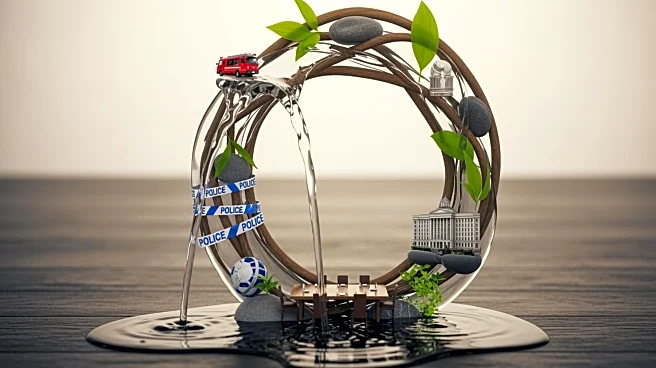Rapid Read • 7 min read
Cuban President Miguel Díaz-Canel has been reelected for a second five-year term by the National Assembly. Díaz-Canel, who first took office in 2018, has faced significant economic challenges during his tenure, including the impact of U.S. sanctions and the COVID-19 pandemic. Despite these difficulties, his reelection was widely anticipated, with strong support from Assembly members. Díaz-Canel succeeded Raúl Castro as president and became the First Secretary of the Communist Party of Cuba in 2021, marking the first time a leader not from the Castro family has held these positions since the Cuban Revolution.
AD
Díaz-Canel's reelection comes at a time when Cuba is experiencing severe economic hardships, exacerbated by U.S. sanctions and the pandemic. His leadership is crucial in navigating these challenges and implementing reforms to stabilize the economy. The continuation of his presidency suggests a commitment to maintaining the socialist model established by Fidel Castro, while also pursuing cautious economic liberalization. The reelection underscores the political stability within Cuba's government, despite external pressures and internal protests demanding change.
Díaz-Canel is expected to continue his efforts to address Cuba's economic issues, including potential reforms to increase private sector involvement. The government may also seek to improve relations with international partners to alleviate the impact of U.S. sanctions. However, the administration faces ongoing challenges, including public dissatisfaction and calls for greater freedoms, which could influence future policy decisions.
The reelection highlights the complexities of Cuba's political landscape, where opposition is illegal and the government maintains tight control over political processes. Díaz-Canel's leadership will be pivotal in balancing the demands for reform with the preservation of the socialist system. The situation in Cuba also reflects broader geopolitical dynamics, particularly the influence of U.S. policies on the island's economic and political environment.
AD
More Stories You Might Enjoy












